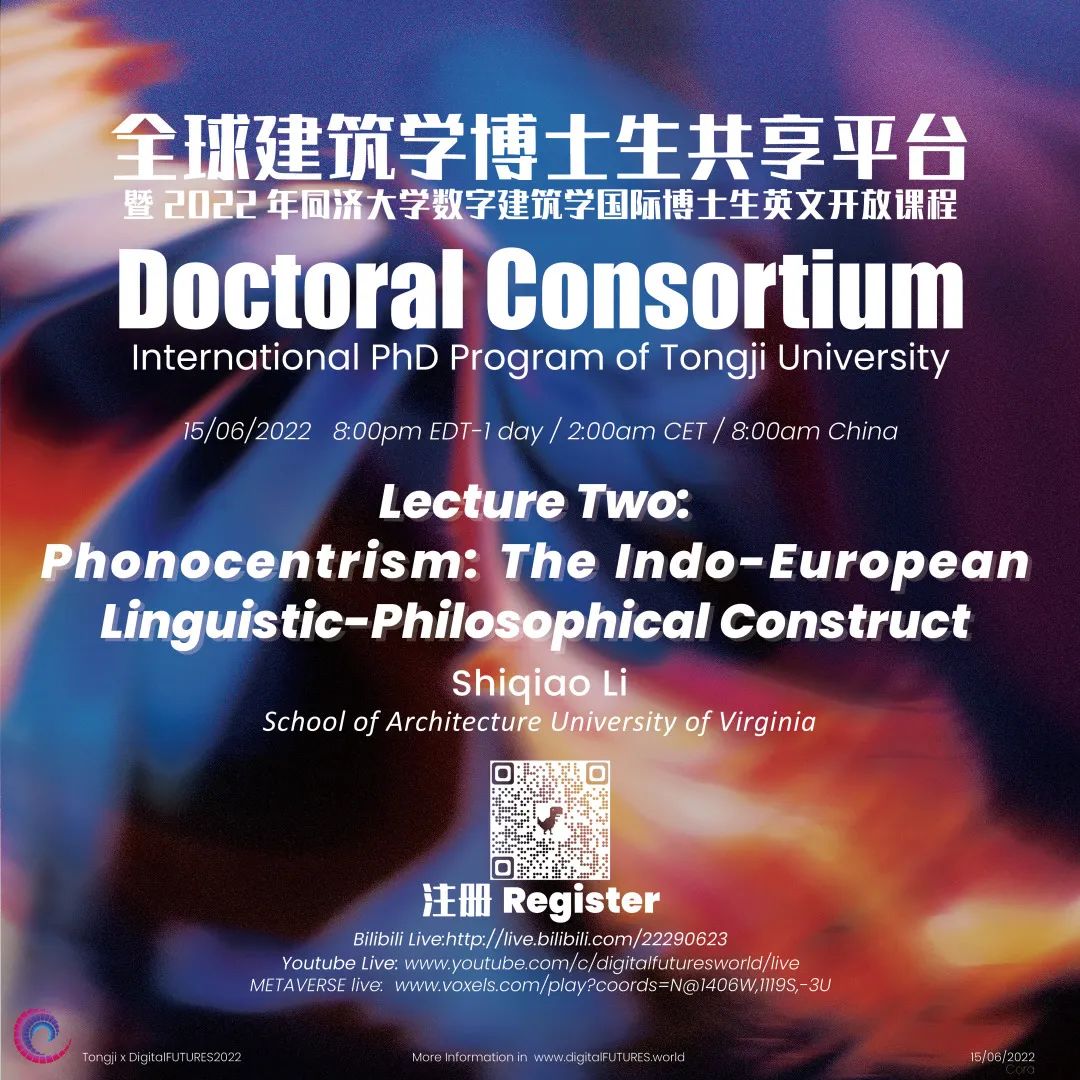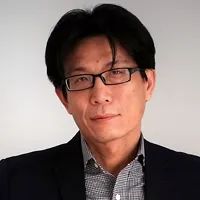

I argue that one of the central enterprises of Western philosophy is the defense of orality in lieu of a defense of truth. In this sense, grammatical markers – the chief instrument of enforcement of orality in Indo-European languages – has been a critical measure of success in philosophy and in design. This lecture traces some of the key milestones in constructing this deep-rooted conviction in the truth-value of grammatical markers; it begins with a nineteenth-century debate on Sanskrit and Chinese between Jean-Pierre Abel-Rémusat and Wilhelm von Humboldt in relation to the most and least grammatical of languages. Despite the prevailing belief that the phonetic alphabet is the most advanced thinking tool as Bacon and Hegel would have us believe, there has been critical voices such as Leibniz who desired a philosophical language (characteristia universalis) similar to Egyptian hieroglyphics or Chinese characters.
Shiqiao Li
Weedon Professor, Director of Ph.D Program, School of Architecture, University of Virginia
Shiqiao Li, he researches in the area of urban and architectural theory in writing and design. Published in Power and Virtue, Architecture and Modernization, Kowloon Cultural District (with Esther Lorenz), Understanding the Chinese City, journal articles, as well as delivered through keynote and guest lectures around the world, his contribution to urban and architectural theory makes evident the operations of culturally and intellectually constructed values instrumental to the production of cities and architecture. His research enlarges thinking spaces within which more sensible and effective actions in the constructed environment can be formulated. He seek pathways of intellectual understanding and response in architecture that aim to restore our pervasively technologized and ecologically strained world to its fertile functions.
 ABOUT US
ABOUT US





